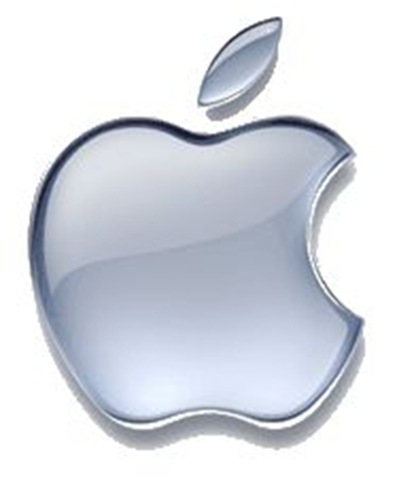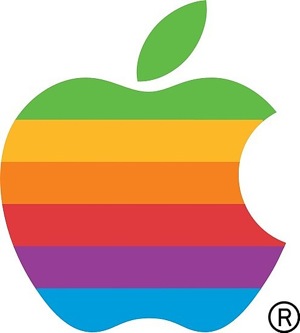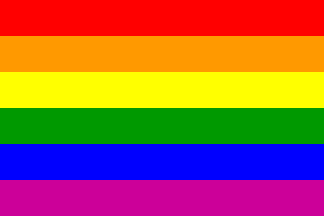 The number one thing that the company Google knows to be true is that they focus on the user, and trust that all else will follow. Whenever Google makes a change to the browser or homepage, they make sure that it ultimately serves the user, rather than there being an internal goal for the company. I think it would be interesting to compare this concept, to put the user/individual first and the goals of the people in charge on the back burner.
The number one thing that the company Google knows to be true is that they focus on the user, and trust that all else will follow. Whenever Google makes a change to the browser or homepage, they make sure that it ultimately serves the user, rather than there being an internal goal for the company. I think it would be interesting to compare this concept, to put the user/individual first and the goals of the people in charge on the back burner.For example, lets look at whether the Catholic Church embraces or disregards this concept, in terms of the self versus the community.
Self/Community in the Church
I think it would be safe to say that the Catholic Church stands as a community. It is a place where people can get together, with similar views, and pray. Catholicism's main ideas is the Golden Rule, to do onto others what you would have done onto yourself. There is a feel of unselfishishness about the Church.
 But are all aspects of the Church like this? Or does Google have something that might make people feel differently about the Church? As a whole, religion, or faith, is something that people come together and believe in. But for people who are part of a Catholic Church, there are certain things that you have to believe in. In order to become a part of this community, you have to believe in the core values of that faith. Therefore it isn't so much about the individual's beliefs, but rather about what the Church says their beliefs are.
But are all aspects of the Church like this? Or does Google have something that might make people feel differently about the Church? As a whole, religion, or faith, is something that people come together and believe in. But for people who are part of a Catholic Church, there are certain things that you have to believe in. In order to become a part of this community, you have to believe in the core values of that faith. Therefore it isn't so much about the individual's beliefs, but rather about what the Church says their beliefs are.Self/Community in Google
While Google is putting all of its focus on making things easier for the user, the Church is focused on telling people how to think about topics like abortion or the death penalty. If a person wanted to form an opinion on those subjects, they could simply google it, and Google would present them with information from both sides. Google's goal is to make the user happy.
I think the main difference between Google and the Church, besides the fact that one is a company and the other is a religion, is that Google exemplifies beliefs of the self, while the Church focuses on beliefs of the community and getting everybody on the same page.
Interesting...
But this comparison brings another question to mind. The concepts of the self and the community are two different things, but many times they are forced to be mixed. People want to be a part of a community, but they also want to be their own individual. I think that individual people, groups, churches, companies, etc all struggle with finding the perfect balance of the self and the community, whether its in their personal lives or the business world.
While there may be some groups that can provide a common ground for the self and the community, I don't think it is Google. It provides people with any information they are looking for, no matter what the subject. People are able to then choose a community that best suits them, but based on criteria that they themselves have chosen. Google also has provided a reason for people to talk less, relying more heavily on the self. Rather than calling Grandma on how to make the best pumpkin pie, I could simply google it and get a great recipe for pumpkin pie. It's simpler and less time consuming.
Overall, Google's number one thing it is proud of is that it puts the user first. This idea, in itself, suggests that Google is a strong supporter of the self. The Catholic Church, on the other hand, is all about community. People doing things together, believing in the same thing, etc. There is less of a push to please the individuals compared to whats good for the church as a whole.




